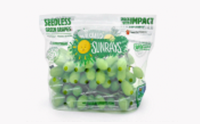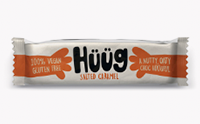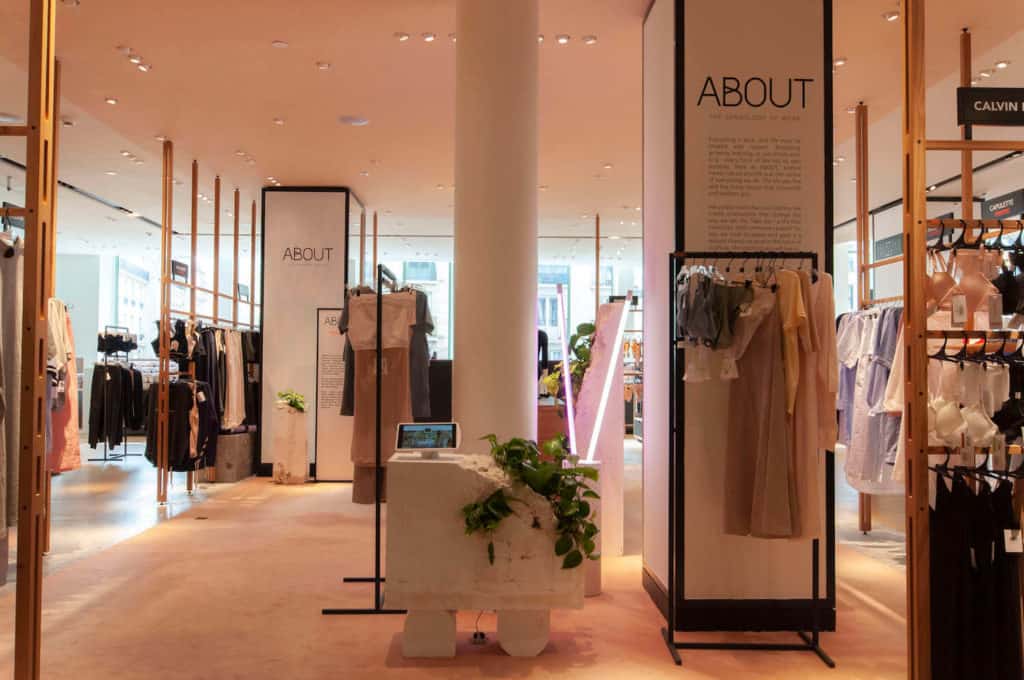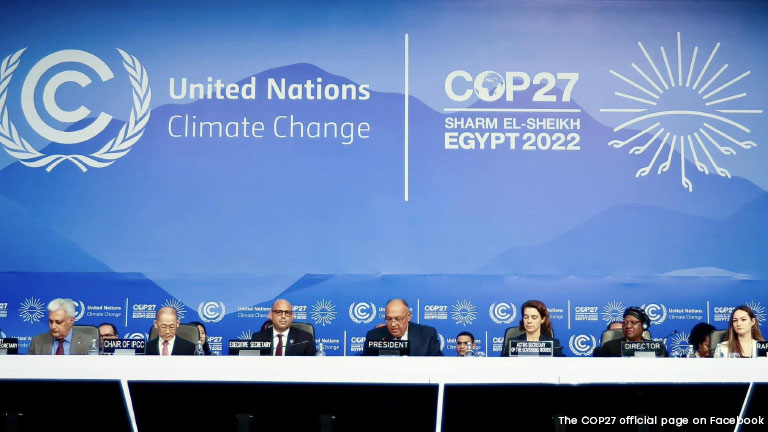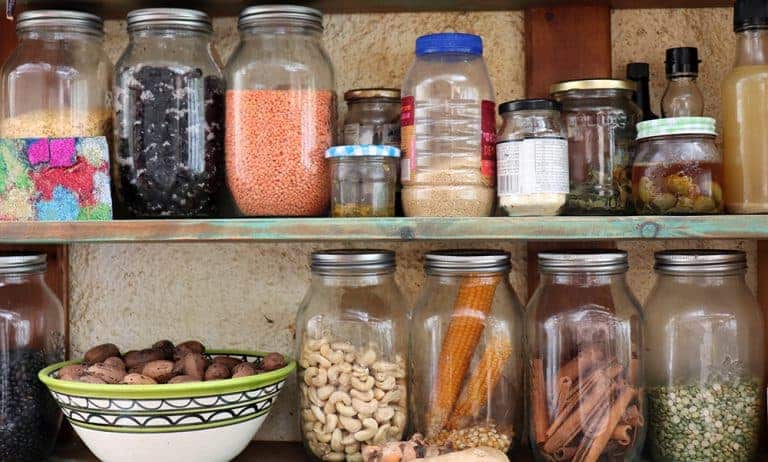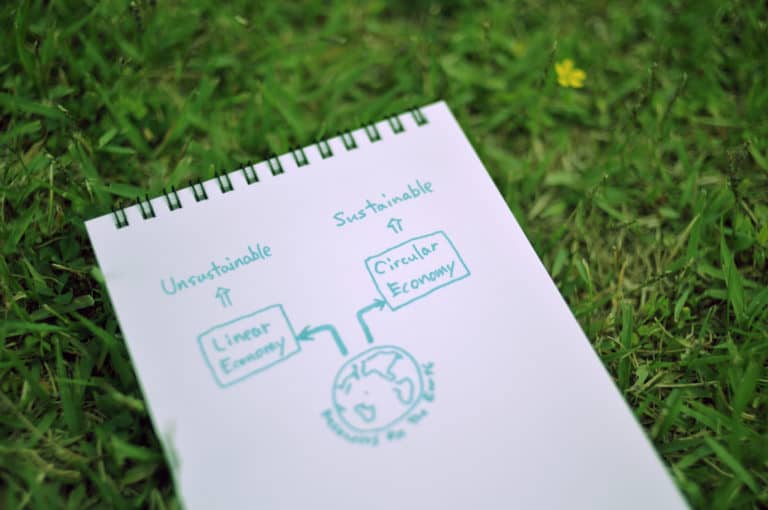At ABOUT, we see packaging as an important part of our supply chain and apply the same circularity criteria as we do to our products. TIPA was able to fulfill two of our main requirements for packaging – sustainability and perfect functional performance.
Giedre Vilke CEO of ABOUTWEAR
One of the sustainability pioneers in the Lithuanian fashion industry, AboutWear, also known as ABOUT, is valued by clients across the globe for quality underwear and loungewear. Its garments are produced in a local factory from innovative, eco-friendly materials. Packaging is an important part of the brand’s sustainability ethos, too. This fall, ABOUT decided to switch to TIPA’s home compostable packaging TIPA’s home compostable packaging as part of a move towards full circularity.
TIPA asked AboutWear’s CEO Giedre Vilke about company’s innovative material choices, the decision to go compostable, and what’s next in sustainability for them.
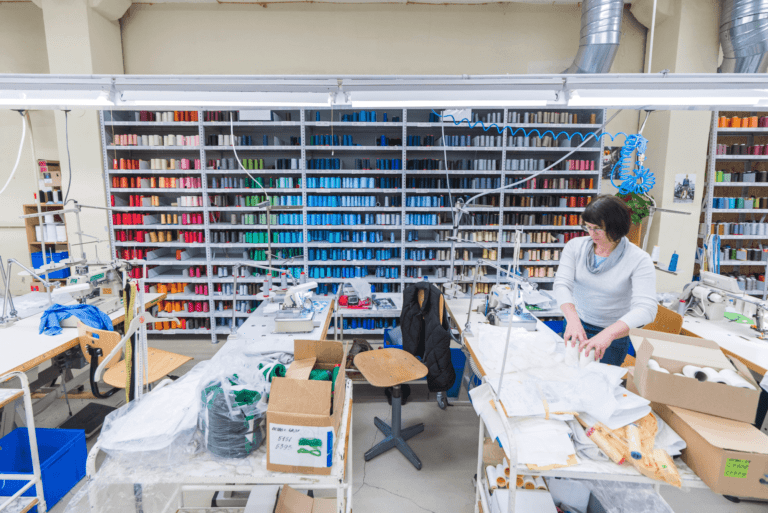
What’s so special about soy-based fabrics?
One of our key targets is to use as few virgin materials to produce new clothing as possible, and create no additional waste after it’s worn out and thrown away. Our innovative fabric from soy husks gives us exactly that. It’s sourced from food industry waste and is used to create extraordinarily soft, high-quality garments with a texture comparable to cashmere or silk. Moreover, the fabric is biodegradable at the end of its life, because it’s made from biomass.
We aim to create a truly circular clothing brand, and our soy fabric brings us one step closer to achieving this goal.
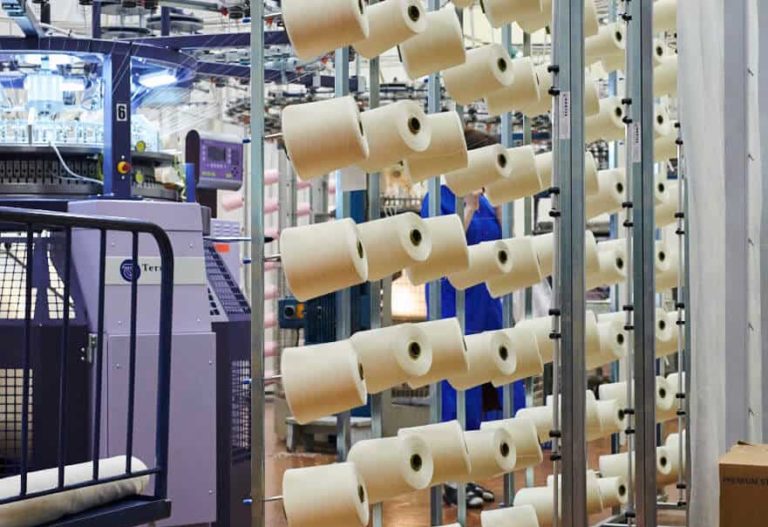
Your produce in a local Lithuanian factory that meets Greenpeace environmental requirements, and your wastewater is as clean as drinking water.
Was sustainability always an essential part of AboutWear’s ethos?
It was, indeed. Along with science innovations in textiles. Our factory is a part of our company, and we are very proud to be one of the few vertically integrated clothing brands in the world. From fabric knitting, dyeing and printing to sewing and packaging, all is done in-house, all under the same roof. This way we have been cutting on transportation and CO2 emissions from the very beginning. Moreover, our factory is the first textile producer in the world to meet all of the Greenpeace environmental requirements under their Detox program, which embodies the best practices in terms of fairness, transparency and zero use of toxic chemicals.
Also, our fabric selection was always limited to natural and biodegradable fibers, with the least possible environmental footprint. We were among the first ones who started to use TENCEL™ fibers in our products made with less energy, less water and less chemicals compared to conventional fibers. As textile technologies advanced, we pioneered with fabrics made from biomass waste. And we are still in constant search for newer and better materials that could bring us even closer to achieving our goals and allowing our planet to breath.
What encouraged you to adopt TIPA’s compostable packaging?
We know how terrifying and painful the global environmental situation with packaging waste is in general. It is one of the most problematic types of waste that’s typically designed for single use and is extremely difficult to recycle. Yet, we generate so much of it.
At AboutWear, we see packaging as an equally important part of our supply chain and apply the same circularity criteria as we do to our products.
TIPA’s packaging is fully compostable and reverts back to nature without polluting it. This particular feature along with other qualities emulating conventional plastic bags, such as transparency, strength, look and feel, were the main reasons to choose TIPA’s sustainable packaging.
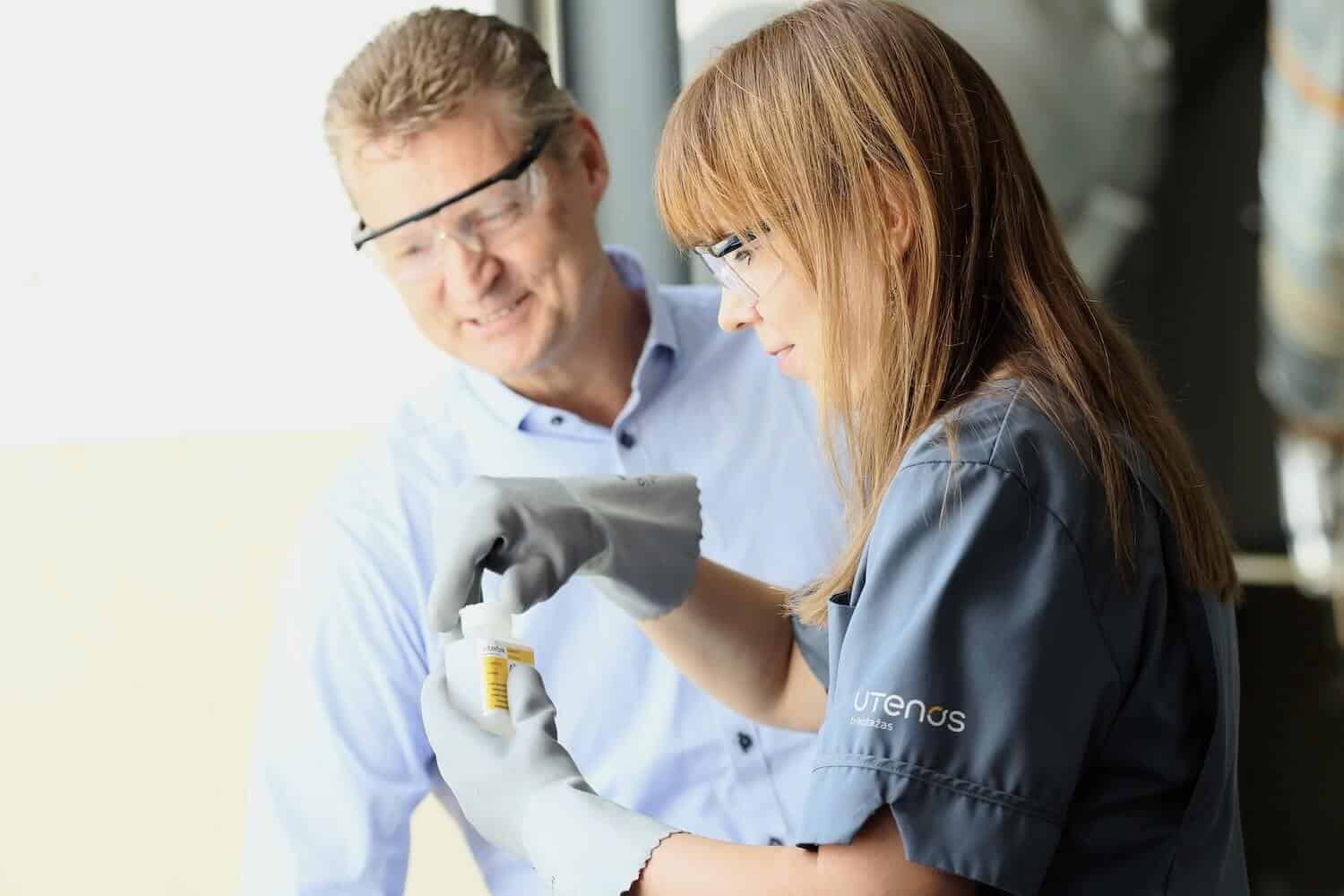
Did you have unique packaging requirements that TIPA was able to solve?
TIPA was able to fulfill two of our main requirements for packaging – sustainability and perfect functional performance. Transparent polybags are unbeatable when it comes to smooth storage and logistical operations. They help to avoid mistakes when collecting and packing the goods, reduce returns, and protect delicate garments from dirt or any unnecessary contact. Sadly, most of the transparent polybags in the market are non-recyclable and end up in landfills or nature for thousands of years.
TIPA‘s products are unique by offering packaging that acts like plastic with the same disposal as organic material. Also, they are manufactured in Europe, close to our garment production and our customers. For us it’s important to keep all our supply chain in close proximity.
What’s the next step in AboutWear's sustainability journey?
We work intensively with textile innovators to develop new fabrics from different kinds of waste and recycled materials, and to increase the percentage of waste biomass in our products. We also strive to make all our products not only biodegradable, but also compostable at home, so that everyone could take an active part in cleaning our Earth!









